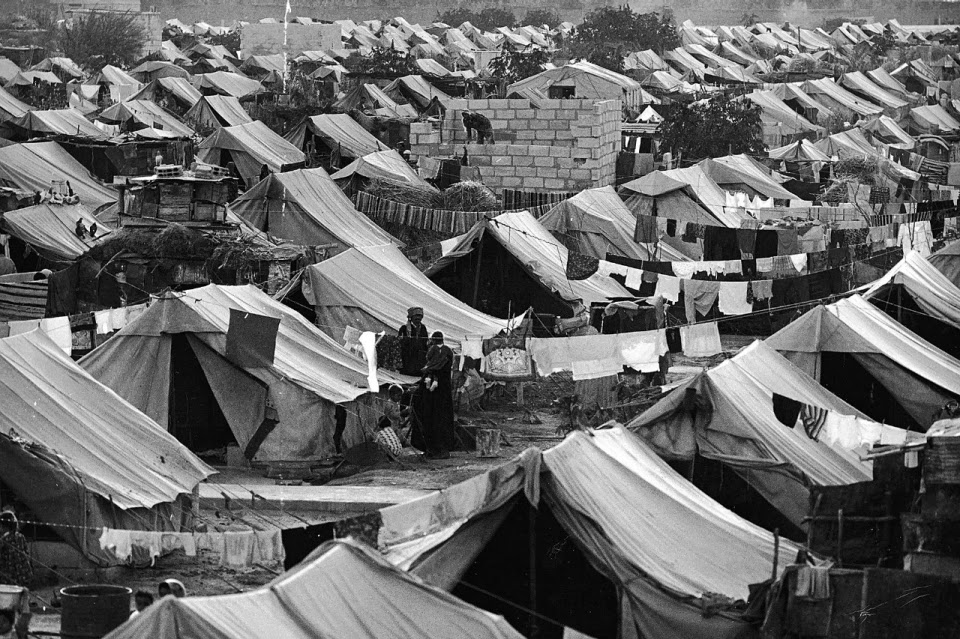cultural groups (and their descendants) who have an historical continuity or association with a given region, or parts of a region, and who formerly or currently inhabit the region:
- before its subsequent colonization or annexation; or
- alongside other cultural groups during the formation of the current State; or
- independently or largely isolated from the influence of the claimed governance by a State,
And who furthermore:
- have maintained at least in part their distinct linguistic, cultural and social / organizational characteristics, and in doing so remain differentiated in some degree from the surrounding populations and dominant culture of the state in which they live.
To the above, a criterion is usually added also to include:
- peoples who are self-identified as indigenous, and those recognized as such by other groups.
Other related terms for indigenous peoples include aborigines, native peoples, first peoples, Fourth World, first nations and autochthonous (this last term having a derivation from Greek, meaning “sprung from the earth”). Indigenous peoples may often be used in preference to these or other terms, as a neutral replacement where these terms may have taken on negative or pejorative connotations by their prior association and use. It is the preferred term in use by the United Nations and its subsidiary organizations.



